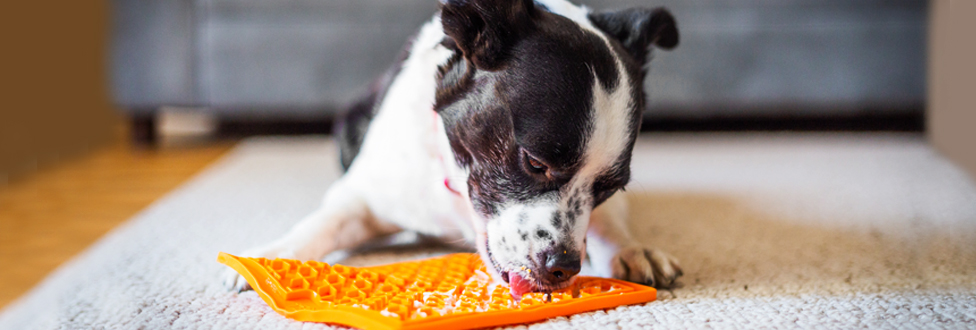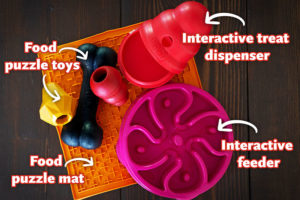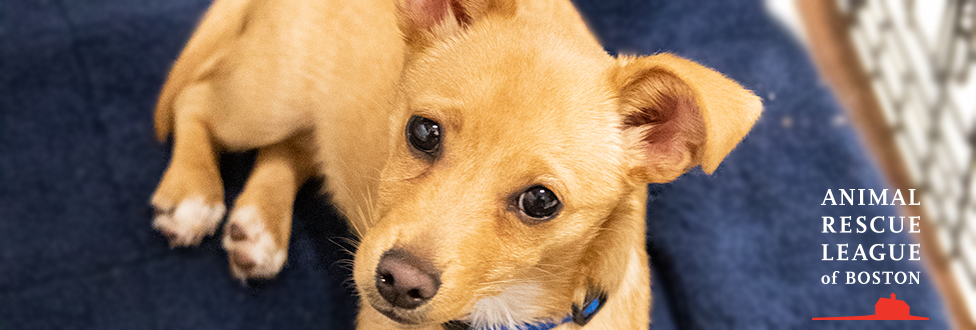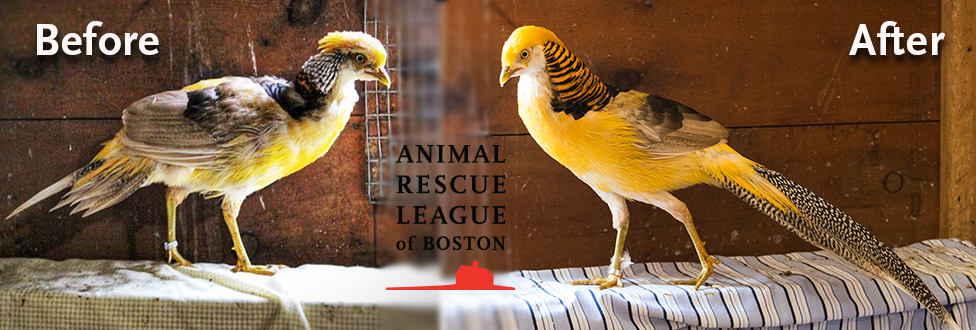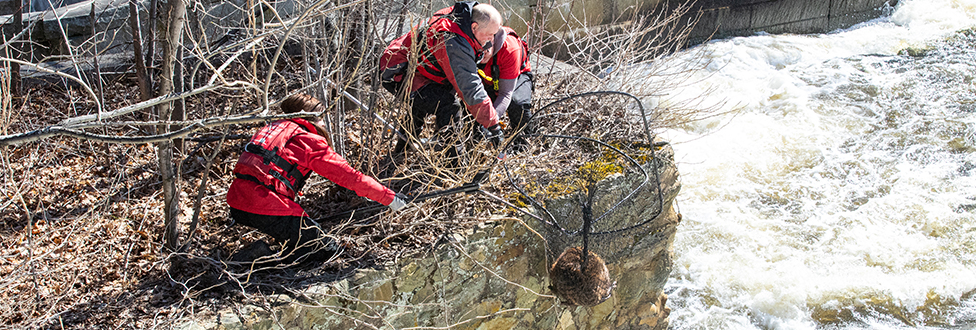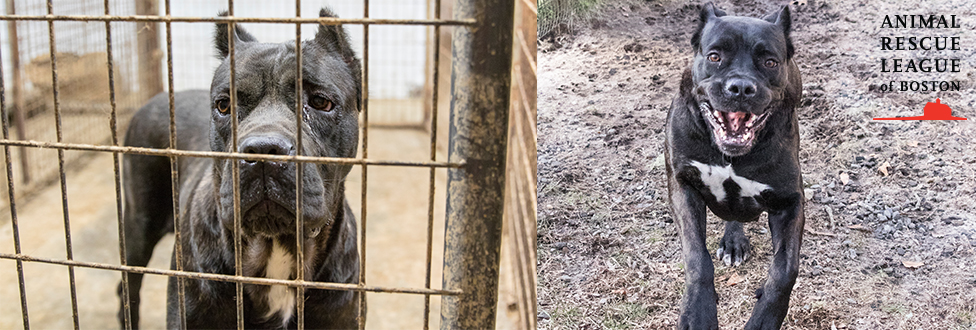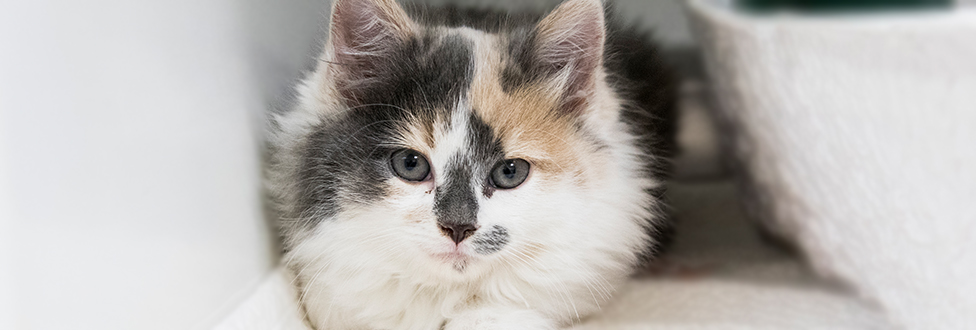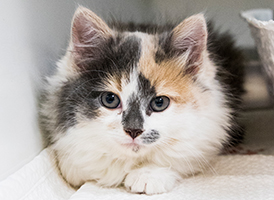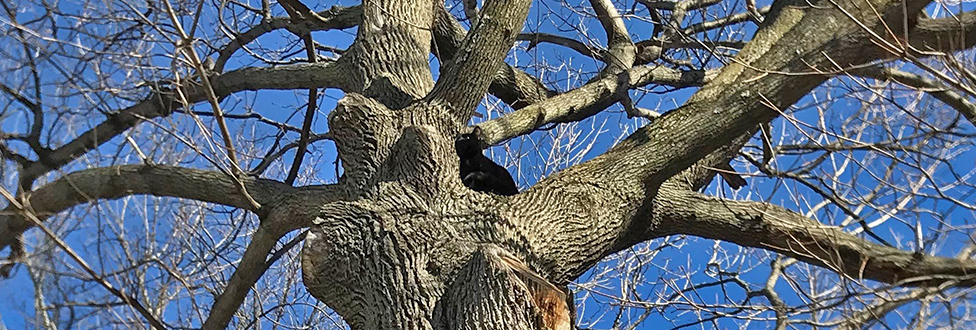Keeping Pets Occupied While Working Remotely
For many us, our schedules have been rearranged in recent days, and that means working remotely whenever possible.
You’re following the guidelines for working from home – showering, getting dressed, having a dedicated work space, avoiding temptations like a Netflix binge-a-thon – but what about your pets?
We’ve all seen the cute pictures online – a cat sprawled across a keyboard, walking all over a desk or table, or curled up in a person’s lap These images are cute, but they don’t necessarily correlate to you being productive.
Our furry friends are attuned to our human habits, and once they get over the confusion of you not walking out the door in the morning, they can see it as an opportunity to spend more time with you and become more clingy.
Here are some tips to keep you productive and ensure that your pets are engaged while you’re home.
For Dogs
Maintain your dog’s routine as much as possible.
- Keep feeding time the same, and if your dog spends time in a crate while you’re not home, don’t be tempted to forgo that routine either.
- If you do crate your animal while at home, a tempting bone or treat will keep them occupied while you get your work done.
- Try not to give in to the scratches at the door to go outside every time, and try your best not to give in to a lot of attention-seeking behaviors (whining, barking, pawing, among others) that may be happening simply out of confusion and wonder as to why you are around for so long.
Enrichment is critically important!
There are a number of things to keep your dog active, engaged and occupied, including:
- Stuffed treats (like a Kong) can keep a dog occupied and engaged for quite awhile
- Marrow and Nyla bones at various times throughout the day is a great way to keep them engaged, but the key is to put them away when their time with the bones is over
- Add a walk or two if weather and your schedule permits (it could be good for both of you!)
- Engage in a couple of constructive play sessions (not snuggle sessions) where you play and really get your dog’s brain working to let them have fun
- Allow you dog to relax and have quiet time by themselves
For Cats
Keep your cat’s regular feeding schedule, but meal time by:
- Place food or treats in food puzzles, or in recycled toilet paper rolls or egg cartons
- Try scattering dry food throughout a room and make them find or chase it!
Experiment with some easy (and inexpensive) ways to get your cat playing which include:
- Fill a large paper bag with a sprinkle of catnip – cats love the crinkling and will be sure to have fun with it!
- Build a fort/obstacle course with cardboard boxes
- Take away a few toys from their regular stash then reintroduce them later – they’ll seem like new!
- Put on a video to stimulate their prey drive (birds, etc.) then get them playing with wand toys; they’ll be stimulated by the “hunt” and will tire out quickly.
Finally, you can do something simple like move their cat tree to another location. You give your cat a new view to focus on and a new sunny spot to nap!
Have Pet Behavior Questions? ARL Has Answers
ARL is committed to being a reliable resource for behavioral and health-related questions about your pet, and our goal is to help owners provide the best care for their animals.
ARL’s Pet Behavior Helpline is a FREE service, and can answer basic behavioral questions about your pet, such as excessive barking, crate training, house soiling, or if you are looking for ways to stave off your pet’s boredom.
If you have questions, please call the Pet Behavior Helpline at (617) 226-5666 or via email behaviorhelpline@arlboston.org and an ARL representative will get back to you within 48 hours.

